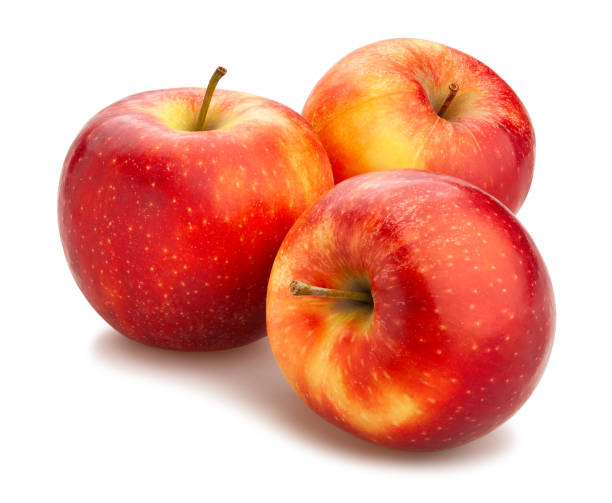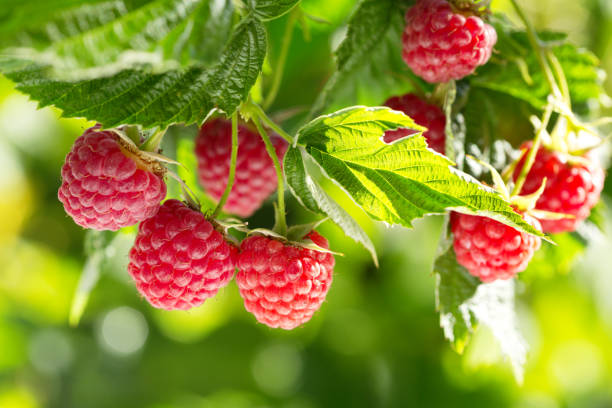15 medically approved fruits good for diabetic patients
Introduction
In this article/blog you will be able to know about some useful and medically approved/selected fruits that are good for diabetic patients. Diabetic patients are required to be a little cautious while eating fruits and other foods. This article/blog is specifically designed to discuss some easily available fruits that are good for diabetic patients. So, let us first try to understand and know about diabetes, type 2-diabetes and how to regulate and maintain type 2-diabetes by consuming medically selected fruits.
Diabetes
· Diabetes is also called diabetes mellitus.
· Diabetes refers to a chronic (long-lasting) disease that occurs either when the pancreas doesn’t produce enough insulin or when the body cannot effectively use the insulin it produces.
Type 2-diabetes
· Type 2-diabetes refers to a long-term (chronic) medical health condition in which your body doesn’t use insulin properly resulting in too much sugar circulating in the bloodstream.
· Type 2-diabetes (formerly called non-insulin-dependent, or adult-onset) results due to the body’s ineffective use of insulin.
· Type 2-diabetes is the most common type of diabetes.
· More than 95% of people with diabetes have type 2-diabetes.
Insulin
· Insulin refers to a peptide hormone produced by beta cells of the pancreatic islets.
· Insulin regulates the metabolism of carbohydrates, fats and protein by promoting the absorption of glucose from the blood into liver, fat, and skeletal muscle cells.
· Insulin is considered to be the main anabolic hormone of the body.
Necessary and sufficient conditions or parameters that decide that a particular fruit is deemed fit/good for diabetic patients are:
· High fiber content
· Low in calories and low in carbohydrates
· Good amounts of Potassium, vitamins and minerals
· Low Glycemic index (GI) fruits
· Fruits rich in antioxidants
High fiber content
· Fruits that are high in fiber have low Glycemic ratings.
Glycemic index (GI)
· Glycemic index (GI) refers to a system of assigning a number to carbohydrate-containing foods according to how much each food increases blood sugar.
· Glycemic index (GI) is a number from 0 to 100 assigned to a food, which represents the relative rise in the blood glucose level two hours after consuming that food.
· Glycemic index (GI) range of fruits for diabetic patients is 0 to 55 per 120 grams.
Antioxidants
· Antioxidant refers to a substance that protects cells from the damage caused by free radicals (unstable molecules made by the process of oxidation during normal metabolism).
· Antioxidants include vitamin C and E, selenium, and carotenoids (beta-carotene, lycopene, lutein, and zeaxanthin).
15 well identified fruits good for diabetic patients are:
Apple
· Apples are highly nutritious.
· Regular intake of apples has the potential to reduce insulin resistance, resulting in lower blood sugar levels (7, 12).
· Apple skin contains polyphenols which stimulate your pancreas to release insulin and help your cells take in sugar (2, 7).
· Apple contains the chemical Pectin, which has the capability of reducing blood sugar levels and the requirement of insulin in the body by almost 50%.
· Apples are high in vitamin C (9 milligrams)
· Apples contain large amounts of water and fiber. One cup of apple has about 3 to 4 grams of fiber.
· Glycemic index (GI) of the average apple is 39 per 120 grams.
Apricot
· Apricots are low in calories (One Apricot has just 17 calories and 4 grams carbohydrates).
· Apricots are high in vitamin A.
· Glycemic index (GI) of average apricot is 34 per 120 grams.
Avocado
· Avocados are high in healthful fats, and may help to lower/reduce the risk of metabolic syndrome.
· The Glycemic index (GI) of avocado is 15 per 120 grams.
Berries
· Berries are a diabetes super food.
· Berries are high in antioxidants and fiber.
· Berries have the capability to break glucose into energy, which reduces the increased glucose levels by a considerable amount.
· Berries increase the release of insulin.
Blackberries (Jamun)
· Blackberries are very low in carbohydrates, and there is no spike in the glucose levels instantly.
· Glycemic index (GI) of black berries is 25 per 120 grams.
Blueberries
· Blueberries are packed with vitamins, antioxidants, minerals, and fiber that promote overall health.
· Blueberries may help with glucose processing, weight loss, and insulin sensitivity.
· Glycemic index (GI) of grapefruit is 53 per 120 grams.
Strawberries
· Strawberries don’t quickly raise glucose levels.
· One cup of strawberries has about 3 to 4 grams of fiber.
· Glycemic index (GI) of strawberries is 41 per 120 grams.
Raspberries
· Raspberries are rich in antioxidants and show anti-inflammatory properties.
· One cup of raspberries has about 8 grams of fiber.
· Glycemic index (GI) of Raspberries is 32 per 120 grams.
Cranberries
· Cranberries contain the polyphenols which protect cells from damage and disease.
· Glycemic index (GI) of cranberries is 59 per 120 grams.
Dry Dates
· Dates are a good source of fiber and help the body absorb carbohydrates slowly.
· Dates are high in protein and fat.
· Dates are high in nutrients like iron and antioxidants.
· Glycemic index (GI) of dried dates is 42 per 120 grams.
Grapefruit (citrus)
· Grapefruit juice helps to fight against insulin resistance and weight gain.
· Glycemic index (GI) of grapefruit is 25 per 120 grams.
Guava
· Guava is very rich in dietary fiber that helps ease constipation (a common diabetic complaint). One cup of guava has about 9 grams of fiber.
· Guavas are high in vitamin A and vitamin C.
· Glycemic index (GI) of guava is 32 per 120 grams.
Orange (citrus)
· Oranges are a refreshing source of vitamin C.
· One cup of oranges has about 3 to 4 grams of fiber.
· Glycemic index (GI) of the average orange is 40 per 120 grams.
Peach
· Peaches are good for metabolism boosting potassium.
· One medium peach is low in calories (59 calories) and low in carbohydrates (14 grams).
· Glycemic index (GI) of the average peach is 42 per 120 grams.
Pear
· Pears are high in vitamin K and fiber.
· Glycemic index (GI) of the average pear is 43 per 120 grams.
Plums
· Plums have slow-release carbs that help to regulate blood sugar levels.
· Glycemic index (GI) of plum is 40 per 120 grams.
Prunes (pitted)
· Prunes are high in fiber.
· Glycemic index (GI) of prunes (pitted) is 29 per 120 grams.
Tangerines (citrus)
· Tangerines are rich in fiber.
· Tangerines contain soluble fiber which helps to stabilize blood glucose and lower cholesterol levels.
· Glycemic index (GI) of tangerinesis 47 per 120 grams.
Tart Cherries
· Tart Cherries help fight inflammation.
· Tart Cherries are packed with antioxidants.
· Glycemic index (GI) of tart cherries is 20 per 120 grams.
Green kiwi
· Zesty green kiwi is a rich source of Potassium, fiber and vitamin C.
· Zesty green kiwi is rich in fiber and has a very high water-holding capacity which results in slow updating of sugars in your blood.
· The Glycemic index (GI) of kiwi is 39 per 120 grams.














No comments:
Post a Comment